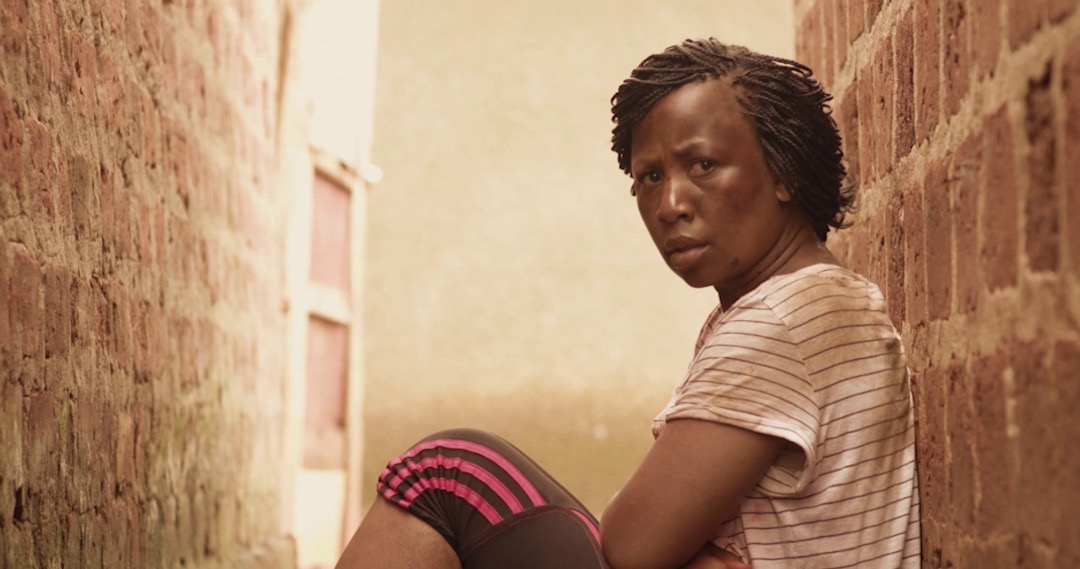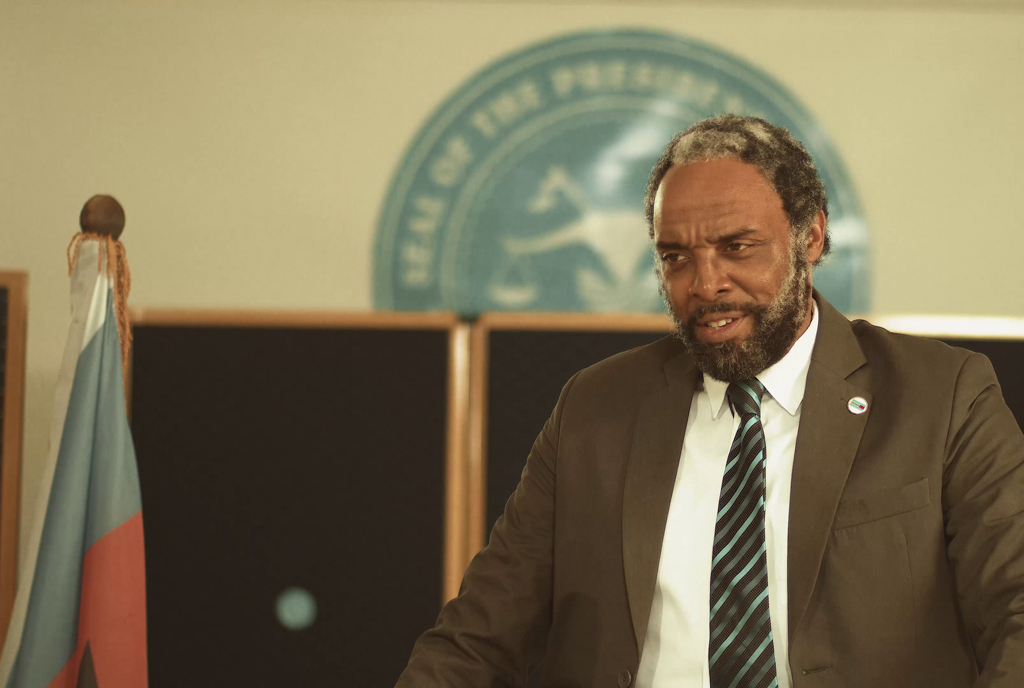A first. A festival judge once noted that Ugandan films had an easy story, a man, his wife and his other spouse. Local filmmakers have over the years mastered telling this story that critics believed it was the only one that could be told. Then Kafa Coh happened, a legal battle coming to the big screena
Ugandan film has been on a roll since September
To recap mid September, the Uganda Academy Selection Committee selected Morris Mugisha’s Tembele as Uganda’s official selection for the Best International Film for the 2023 Oscars, then in Nigeria, Brotherhood, a film directed by Loukman Ali, premiered to rave reviews.
Of course back in Uganda, the man is doing well for himself, directing a Netflix original short film that he says may be ready by the end of the year.
But all that aside, there was more from the industry – the nearing of the premiere of the film Kafa Coh. The film has been highly anticipated for two years, first in 2020, but well, that year took its own course.
But besides the long wait, there are many reasons Ugandans should be excited about Kafa Coh as it takes the big screen tomorrow evening.
Michael Wawuyo Jr, an actor in the film as well as other acclaimed films has often talked about Kafa Coh as a Ugandan film that is out of the box in terms of its storyline and execution.
Yet, while making an appearance on Morning at NTV, Loukman Ali noted that this is one film he wishes he had directed.
What is the fuss?
Kafa Coh is a pan African film produced and co-directed by Ugandan actress-cum producer Doreen Mirembe. A story by Adinjay Pormasu, the film title Kafa Coh means ‘Too much injustice’ derived from the Kono people of Sierra Leone, while in Kiswahili, the same phrase is said to mean ‘Cut the case’ in some places in East Africa.
The film is directed by Gilbert Lukalia, a Kenyan actor, producer and director, who has in the past collaborated with Ugandan theatre producer, Judith Adong, and Silent Voices Uganda on shows such as Subira: The Musical and as well as acting in Just Me, You and the Silence, another theatre production.
Lukalia has emerged as one of the most exciting directors working in Kenya today. Directing in an open, playful and collaborative way, he has an outstanding track record, a favourite of many actors and highly acclaimed by reviewers. Lukalia’s shows have received great reviews. He has worked on a diverse range of projects both film/TV and theatrical performances.
Mirembe says the reason she worked with him was because she had been a fan of his past works, plus, he had worked with Adong, one of the most respected theatre and film directors in Uganda.
But there was more to it for Mirembe, who says film is a collaborative effort and she wanted her peers to notice that.
“Film has always been a collaborative effort, not all the amazing films in the US have been directed by American directors, thus if the person who can tell the story right is Nigerian, you should work with them,” she says.
Besides Lukalia, she also sought the services of British-Nigerian seasoned actor Kalu Ikeagwu for the lead role. The actor, who has been in productions such as Tinsel, 30 Days, Light in the Dark, Domino, Two Brides and a Baby and Genevive Nnaji’s 2018 hit Lionheart, was a surprise cast inclusion for many local film enthusiasts.
“Kalu has vast experience in front of the camera, besides learning from him, he brings his continental expertise to the film, constantly reminding us that films are not made by a single community but a collection of communities that think alike,” Mirembe says.
But the film still has a stellar cast of Ugandans such as Abby Mukiibi, Mariam Ndagire, Stella Nante, Mirembe, Rehema Nanfuka and Phillip Luswata among others.
Taking on the courts
Knowing the Ugandan film narrative, often about a man, his wife and a side spouse tussling it out, most of the actors and a few people who have seen the film already, appreciate the direction the film takes.
It has also been touted as Uganda’s first legal drama.
“This story has been in the works longer than many people may know. For instance, I first shared the idea with my writing mentor about eight years ago. Then the story started taking shape,” she says.
Initially, she says she wanted to tell a story that many Africans can relate with and about things they see.
“But we also make films to communicate, not to simply make films,” she says.
It is partly the reason she decided to choose to make a legal film as opposed to a romantic comedy, even when the latter is a popular genre.
Court dramas have been a soul of American TV dramas, fueling shows such as Boston Legal, Suits, Good Wife and Justice among others. In fact, you could argue that there is always a new court drama every season.
Like many of these TV dramas, Kafa Coh is mostly played out in court – the film follows a story of Sandra, a young naive lawyer who takes on a case involving two powerful individuals.
We follow her story from the time she takes the case to the time she doubts her own ability to execute it.
The film takes a lot of liberties with legal issues and because the producers were aware of the dangers of misrepresenting the law, the film happens in a fictional country of Tangosi.
Thus the flags, money and language are all fictional.
Mirembe leads the cast of lawyers that has already formidable actors such as Jabal Ddungu, Charles Mulekwa as well as Mukiibi.
“I feel proud to be part of this story because of the manner in which the writer and producer tackled it; fictitious, yet so on point in tackling issues Africa as a whole struggles with,” Michael Wawuyo Snr said in an earlier interview.
But he also noted that he was thrilled to act alongside the Nigerian counterpart, Ndagire, Mukiibi as well as the crew that he has wanted to work with for a long time.
Bringing Kafa Coh to life
As the film premieres tomorrow, the producer will be celebrating a milestone of finally getting the film to the screens after a long time.
The film was initially made at the beginning of 2020, this was after Mirembe and her background team spent a lot of time workshopping and reworking the script.
The film was shot and the plan was to have it released during the independence week in October 2020. The plan was to have the film premiere in Sierra Leone where the story inspiration came from, Nigeria, Ghana, Uganda and Kenya simultaneously.
In fact, it had a soft promotional launch on February 14, 2020 but after social life came crashing down because of Covid-19, the premiere was called off indefinitely. The belief was that it would premiere in 2021 but again, there was a second wave of the pandemic and that time, the lockdown on the creative economy was never lifted until February 2022.
Between its shooting and screening, the industry has gone through drastic changes. For instance, unlike 2019 when there were no ready buyers for TV content, there are three local TV channels dedicated to that; Pearl Magic Prime, Pearl Magic and Makula. One of the other most anticipated films of 2020, The Girl in the Yellow Jumper, has since gone on to become the first Ugandan film on Netflix.
The culture of people going to cinemas to watch Ugandan films is one that is yet to be achieved, but it also has a lot to do with the fact that most producers today would rather make films for pay TVs than cinema exhibition.
“Our film is going to be in cinema for seven days, which is a stretch compared to many Ugandan films that only premiere once. We have gone out of our way and we hope whatever comes out of this inspires more filmmakers to have their films in the cinema longer,” she says.

